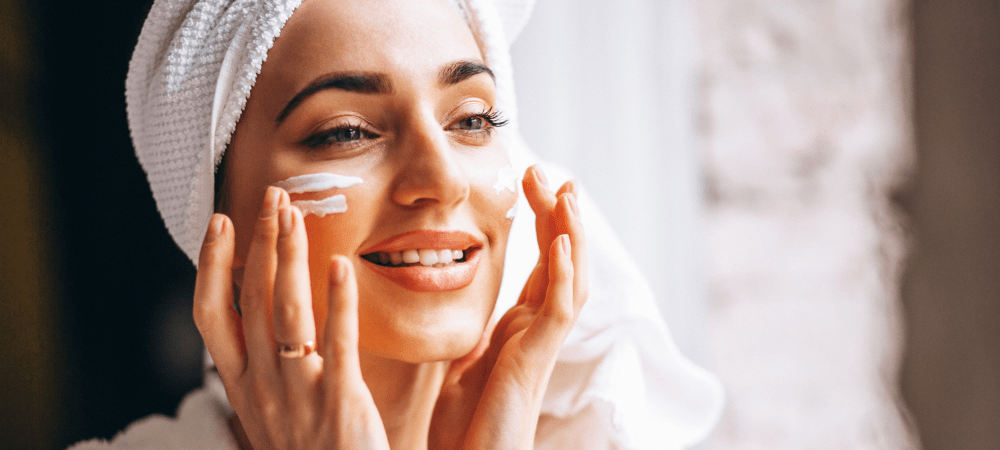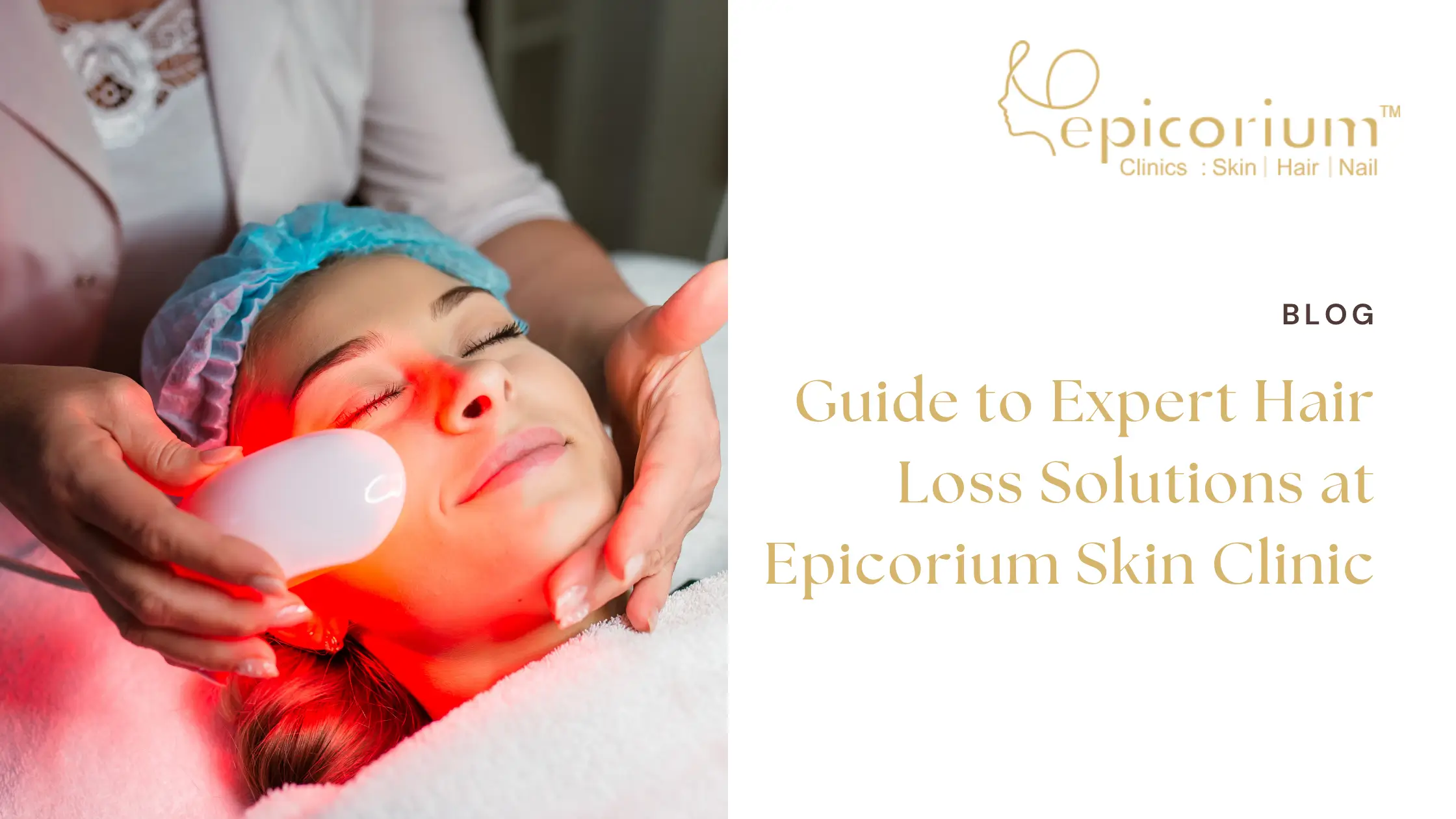
A Dermatologist’s Guide To Skincare
Experts in the diagnosis and treatment of more than 3,000 diseases and ailments, including skin cancer, acne, psoriasis, and eczema, board-certified dermatologists specialize in the skin, hair, and nails. Lets see how skincare routine plays an important role in daily life.
TYPES OF SKIN
But first, spend some time figuring out what kind of skin you have:Following product use, sensitive skin may sting or burn.
- Normal skin is smooth, clear, and not easily irritated.
- Oily skin is oily and glossy.
- Combination skin has dry patches and oily patches.
Three Steps in the Main Skincare Routine
Three Steps in the Main Skincare Routine No matter what type of skin you have, the leading doctors recommend that you begin with these three easy steps to obtain the greatest benefit from a regular skincare routine:
- Cleanse
- Treat
- Moisturise
Skincare suggestions
Here are 5 skincare suggestions that dermatologists give to all of their patients—and actually use themselves.
1. Every day, use sunscreen:
One of the most crucial things you can do for your skin is to wear sunscreen. When properly applied, sunscreen shields your skin from the sun’s ultraviolet (UV) rays, which are responsible for sunburn, skin cancer, and early signs of aging including wrinkles and age spots. Apply a broad-spectrum, water-resistant sunscreen with an SPF of 30 or higher to all exposed skin for maximum protection. Reapply every two hours, after perspiring or swimming, or as needed. Use a moisturizer with sunscreen included to cut down on time spent on your skincare routine. While sunscreen-containing cosmetics are practical, remember to reapply them for optimum UV protection.
2. Make your skin-care routine simpler:
When it comes to skincare, little is more. Your skin may become irritated if you use too many products, particularly several anti-aging creams. Instead, pay attention to the fundamentals, such as mild cleanser, sunscreen, and moisturizer. Decide on morning and evening skincare routines that are effective for your skin, and follow them.
3. Maintain your lips:
Apply lip balm or lipstick containing sunscreen with an SPF of 30 or higher before going outside because skin cancer can develop on the lips. Apply petroleum jelly to increase moisture if your lips feel chapped or dry.
4. Don’t touch your face with your hands:
Every time you touch your face, your hands carry oil, filth, and bacteria to your face. Try to avoid touching your skin at any time during the day. Squeezing, popping, or plucking pimples can leave scars; refrain from doing so.
5. Examine your skin frequently:
Skin cancer, including melanoma, is highly treatable if found early. As these are frequently early warning symptoms of skin cancer, it is vital to constantly check your skin for new spots, spots that differ from other places on your body, and moles that itch, bleed, or change color. Make an appointment to see a board-certified dermatologist if you find any questionable spots.
Being the greatest organ in your body, your skin requires proper care. Consult the best industry dermatologist at Epicorium if you have concerns about your skin type or how to care for it.
Frequently Asked Questions
Q: How often should I exfoliate my skin?
A: Exfoliation frequency depends on your skin type. Generally, once or twice a week is sufficient to remove dead skin cells and promote a healthy complexion.
Q: What sunscreen SPF is ideal for daily use?
A: Dermatologists recommend a broad-spectrum sunscreen with SPF 30 or higher for daily protection against harmful UV rays. For the best protection, remember to reapply sunscreen every two hours.
Q: Can natural remedies replace skincare products?
A: While natural remedies have their benefits, they may not offer comprehensive protection. Dermatologist-approved products are specifically formulated to address various skin concerns effectively.
Q: How can I reduce under-eye puffiness?
A: Adequate sleep, hydration, and using cold compresses can help reduce under-eye puffiness. Additionally, choose eye creams with ingredients like cucumber extract for soothing effects.
Q: Is using a dedicated night cream essential?
A: Yes, night creams are essential as they provide intensive hydration and repair while you sleep. They often contain ingredients like retinol, promoting skin renewal and collagen production.
Q: Can stress affect my skin?
A: Absolutely. Stress has the potential to cause skin problems such as acne and eczema. Practice stress-reducing activities like yoga and meditation to maintain a healthy, glowing complexion.




